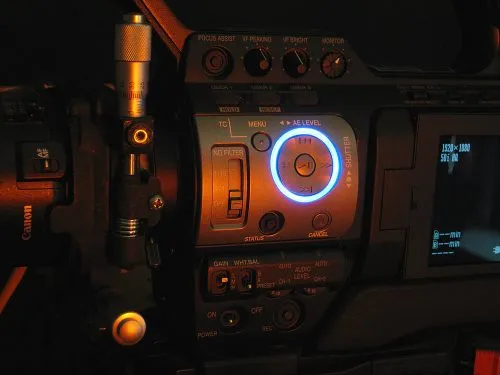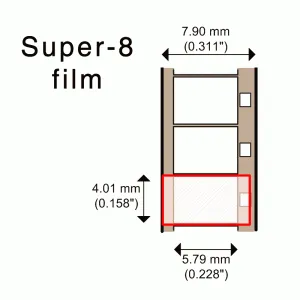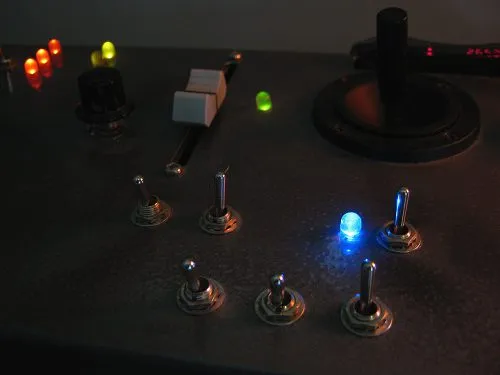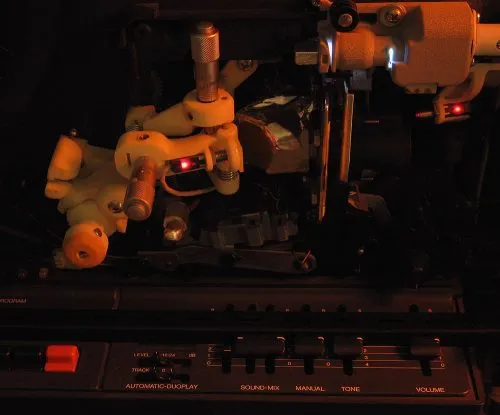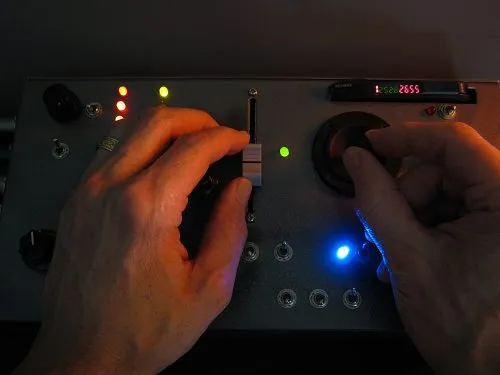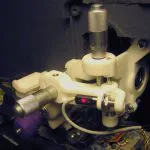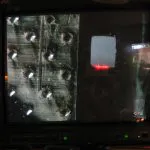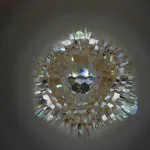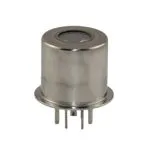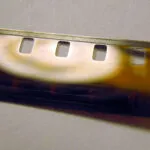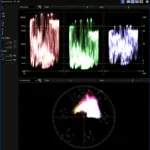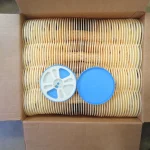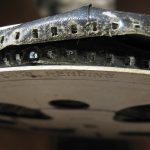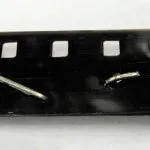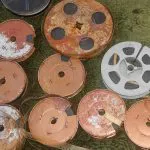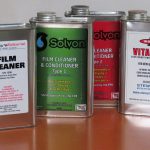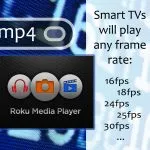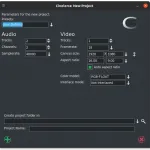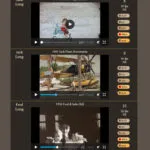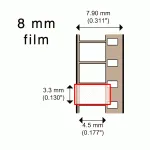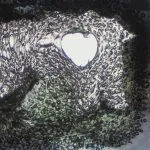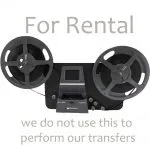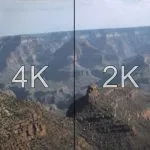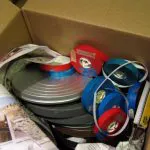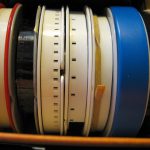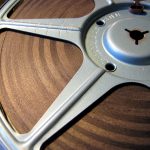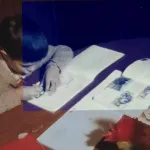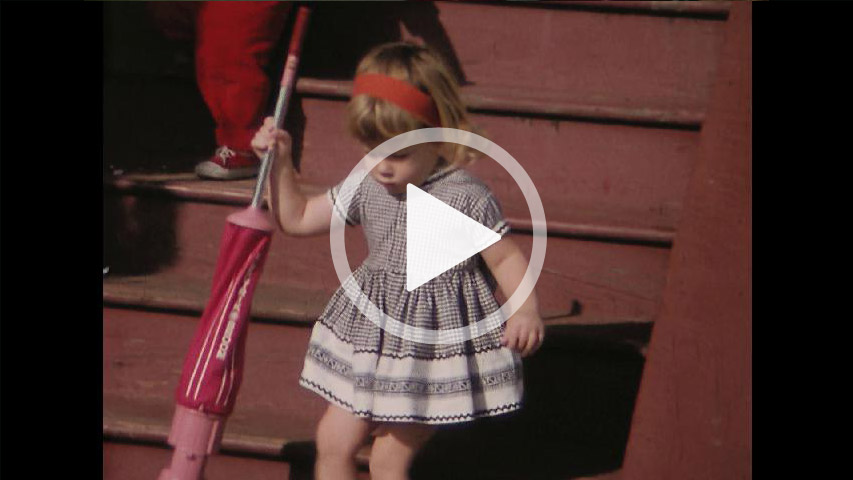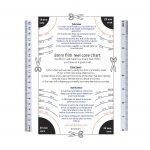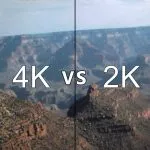Our Transfer Equipment
We use a telecine xenon flash scanner. Here are some of the parts of our system.
Our Camera
Because many of you asked, we show you the type of camera we use. It's a professional JVC video camera, model GY-HM750U. What makes it distinctive is its 3CCD image sensor.
Having a 3CCD sensor, and not just a CCD or CMOS sensor, is critical in capturing a true image. The camera provides an HD-SDI output signal, which holds the 10bit Full-HD image information. That HD-SDI signal gets captured by a computer.
The extra color depth of our 10bit, over most transfer houses' 8bit, provides a more refined range for precision color-grading. The camera is pricey but worth it!
2K Resolution: It is important to note that with all 8 mm flash scanners 2K (2048 × 1080) is equivalent to Full-HD (1920 × 1080) — we could even call it a UWHD transfer (Ultra-Wide-HD 2560 × 1080) and the outcome would be the same.
The reason is the "1080" horizontal line count is the same for 2K, Full-HD, and UWHD and because the 8 mm film aspect ratio is much narrower than the narrowest standard captures. In short – there is no point in capturing image where there is no image (meaning in the black areas, at the edges.) We run out of image information well before using the narrowest TV standard. (helpful link to resolution chart on wikipedia)
One can see how the film's frame-height dictates where the zoom needs to be set so as not to crop off important image information. The left and right edges beyond the actual film image will be black, or sometimes they'll look like this -- when shot with certain types of Double-8 cameras.
We capture your film frame by frame. Click here, on Frame-by-Frame and How It Is Achieved, to read the details.
Lens
The lens we is the sharpest 60mm macro lens Canon makes. It's from their EFS series. The lens is held by a special lens holder which allows us to finely tune the image framing getting your whole image perfectly framed during our initial capture.
Flash Scanner Control Box
This is the brain of our flash scanner. The box uses two 8-core microprocessors to control all the required elements of the flash scanner.
The five elements are: the motor and video signal interlock, the strobe laser interlock, the color of the light, the light intensity automation control with added manual override for fine adjustments, and the mechanical adjustment required for any varying shrinkage of the film.
Our 8mm Xenon Light Flash Scanner
The skeleton of our scanner is a studio class Bauer projector.
The robust German machine (frame) provides the films transport and a stereo duo-play sound playback. Removed from this frame were the original motor, the mechanism of the pull-down claw, the lens, and the gear wheels. They were replaced with a new motor, new interchangeable gear wheels for 8mm and Super-8 film, a new light (a xenon light strobe with color filters and diffuser), a film density reader that pre-reads the film for any required automated exposure corrections, and a laser that reads the sprocket holes' edge for proper strobe timing.
The optics for the light, includes a special encasing, color filters, IR and UV filters to protect your film from the light, light diffusers, encoders, servos, and a whole range of electronics.
Related info on Frame-by-Frame and How It Is Achieved.
Sound
Many films did not have sound, but for those that did, we keep the sound interlocked to the image as your film gets scanned, frame by frame. In addition we record, in parallel, the analog sound at an extreme high sample rate of 192kHz. This recording replaces the camera's inferior sample rate sound. This extra step allows for a true 48kHz sound rate, even after we do our final slowing down for playback at proper speed.
Transfer Operator
And yes ... that's me! A Brooks Institute graduate* at the controls during every frame of your transferred film. I watch very carefully and adjust the light making sure all is going well. *Santa Barbara, CA - 1996 - official diploma appears on our website
Some Images
We don't use substandard, non-professional equipment.
If you are intent on transferring the film yourself, you may have considered using one of the inexpensive models appearing on the market several years ago. It is wise not to expect decent results from these, and be prepared to invest a inordinate amount of time for each reel.
May we boast for a moment? Our work is clearly superior to those DIY transfers for several reasons. (Send us a small free, 3" Test-Transfer reel -- we often run a special. Look for details on our website.)
Also, those machines will not capture sound, if your film happens to have a sound strip. However, we will capture it -- at no extra cost! The sweet voices get perfectly interlocked and synced up with the film's image.


